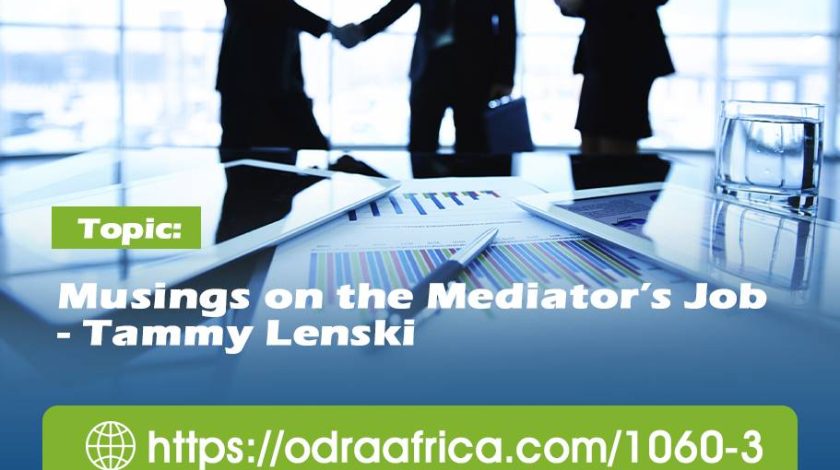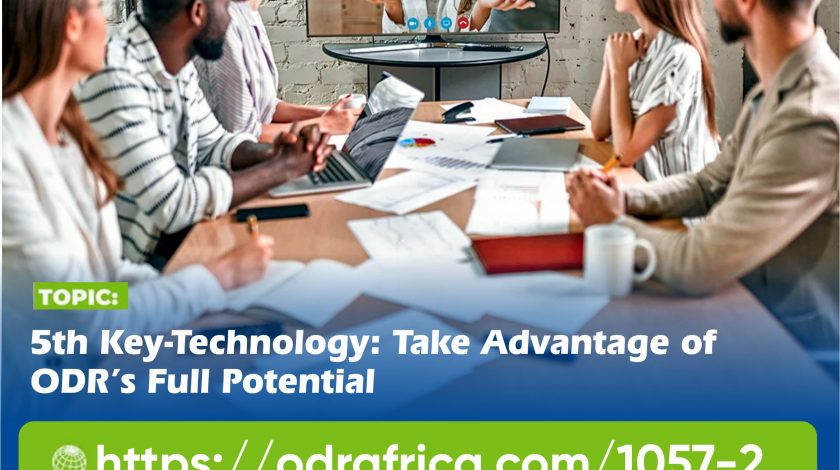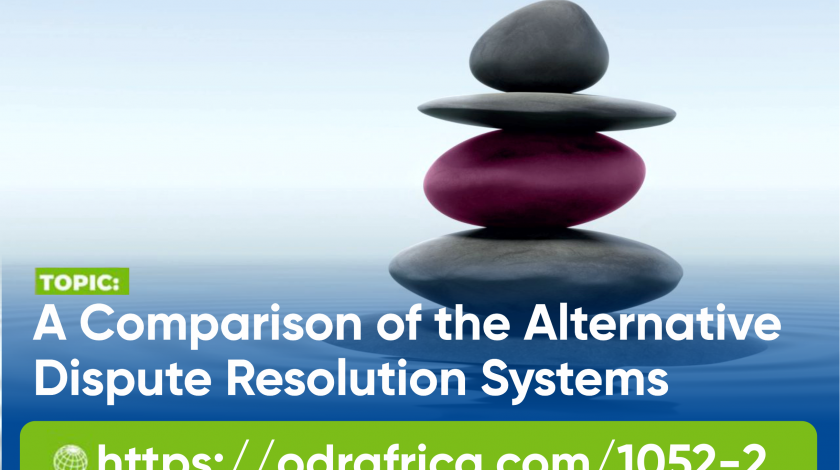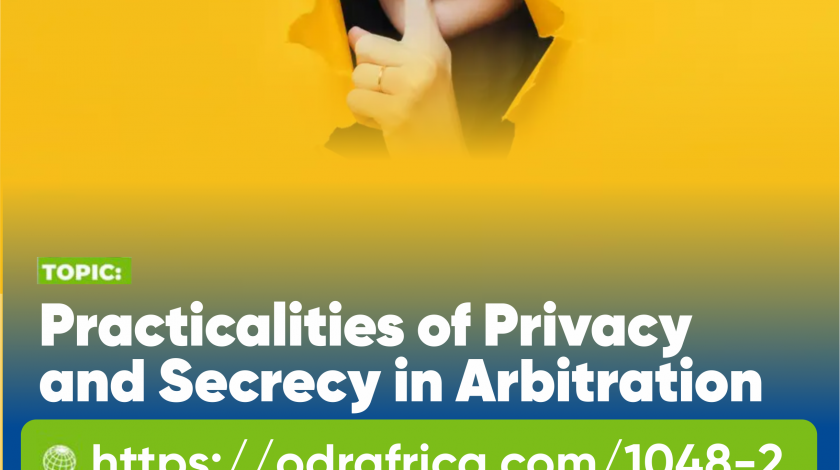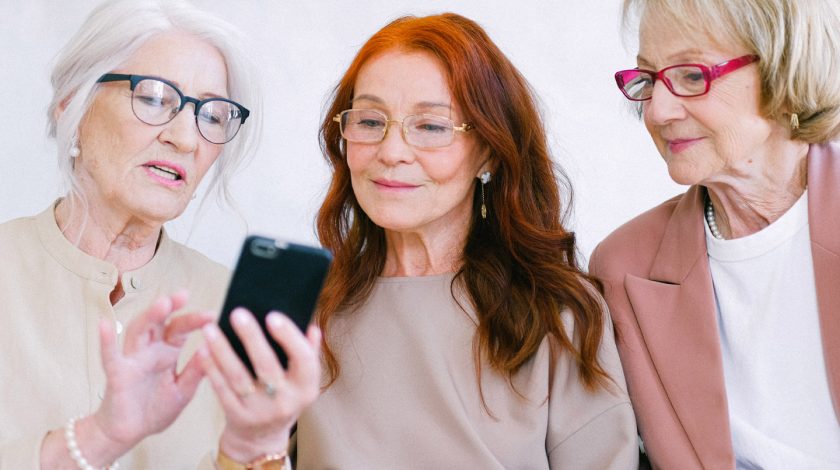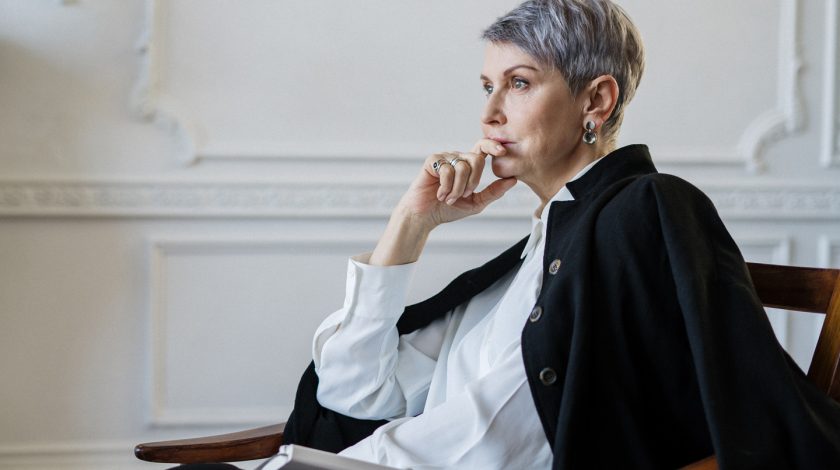Musings on the Mediator’s Job
I’ve been working my way through research notes for my upcoming book and today came across these excerpts on the mediator’s job from Winslade and Monk’s 2000 classic, Narrative Mediation. If you’re a mediator and you haven’t read it, you ought to. They have several worthy sequels, too. “If mediation is about creating new meanings in a dispute where existing meanings have become stale or stuck, then deconstructive listening and deconstructive questioning are useful tools in this creative task…The mediator’s task is to unpack the suitcase and take out the pieces and hold them up for view by the parties. This unpacking involving adopting aRead More →

